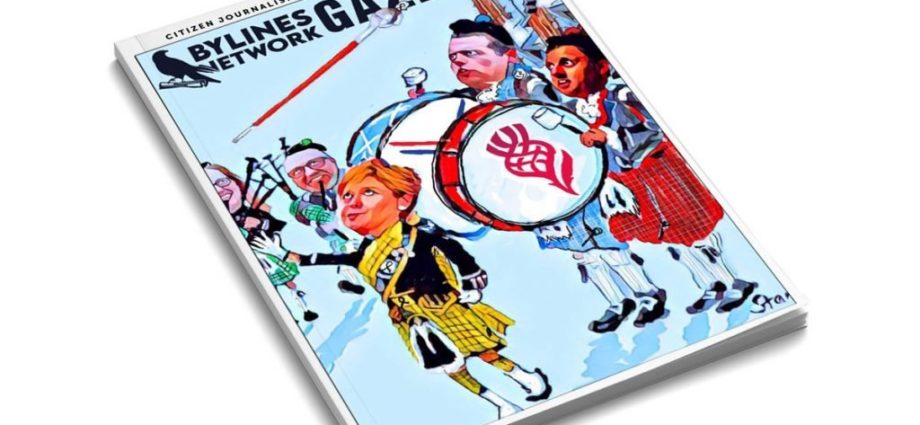ADVERTISEMENT
Inequality is apparent globally, yet the past 12 years of austerity policies coupled with events such as the Covid-19 pandemic and the current energy crisis, have propelled the notion of inequality within the United Kingdom into everyday discourse. It is now increasingly difficult for those wishing to uphold the long-held neoliberal myth that economic inequality is simply an unfortunate by-product of a necessary and otherwise well-functioning system or, following Thatcherite ideology, that inequality encourages us to just ‘work a little harder’ and that those who are in poverty are there due to their own failings as a way to explain such inequality.
There is growing recognition that decades of policies aimed at increasing growth at all costs could, in part, be to blame for the rise of within-country inequality. Whilst the Covid-19 pandemic put a halt to traditional development practice, much research emphasised the global progress being made over the past quarter of a century in terms of extreme poverty reduction. Such claims are generally founded on traditional quantitative research which places emphasis on measurements such as GDP and the Gini coefficient as indicators of ‘progress’. But through understanding criticisms of income growth as a way out of poverty, development strategies based on infinite growth, technological advancement, and investment – both through aid and charity, become less convincing.
Income growth is only one element in a vast picture resulting in inequality and crucially it ignores the finite resources we have globally which are being stretched beyond the point of repair. The ever-increasing interconnections penetrating all our lives, as a result of globalisation, are felt acutely as both causes and consequences of such stark inequality. As such, the result is that global challenges are littered with geo-political tension as leaders globally vie for their own wants, risking collaboration crucial to addressing global issues. Such a landscape has resulted in it being increasingly difficult for countries to ‘develop’, in the traditional sense, due to having little to no control over global factors which have direct impacts on progress. Such an approach also discounts individual freedom and agency.
Gap between haves and have-nots
The gap between the haves and the have-nots has widened at an unrivalled speed. Inequality transcends borders and this plays out on the macro scale through historical colonial relations which continue to blight much of the global south, through to the meso and micro level where here, in the North East of England, many are set to experience one of the toughest winters in a generation. Figures show that around 6.5 million UK households are in the grip of fuel poverty and coupled with the energy crisis is food poverty. In 2021 – 2022, the Trussell Trust distributed over 2.1million food parcels and this does not take into account all of the wonderful grassroots food banks and organisations supporting local communities. Alongside this are the recent damning statistics that the North East has overtaken London and now has the highest rate of child poverty of anywhere in the country.
Inequality is a political choice
Whilst praise should be given where gains have been made with regards to inequality, it is important to remember that it is not a natural phenomenon and instead is a political choice. As Dorling (2019) highlights in Inequality and the 1%:
“As inequalities increase, people already at the top become ever more motivated solely by greed. The source of inequality is a failure to control the greedy”.
Thus, it is imperative we pursue alternatives that effectively address economic inequality, gender inequality, healthcare, and the climate crisis, whilst working towards the reshaping and redistribution of power.
As the rich get richer the rest of us are being left behind. Left behind in increasingly tumultuous and turbulent times. We would do well to remember that despite vacuous mainstream rhetoric claiming immigrants, benefits scroungers or single mothers are the real drain on society limiting resources and spending ‘our cash’, it is instead unrivalled, unchallenged and limitless wealth in the hands of a few which is both driving and sustaining inequality.

We need your help! The press in our country is dominated by billionaire-owned media, many offshore and avoiding paying tax. We are a citizen journalism publication but still have significant costs. If you believe in what we do, please consider subscribing to the Bylines Gazette 🙏


